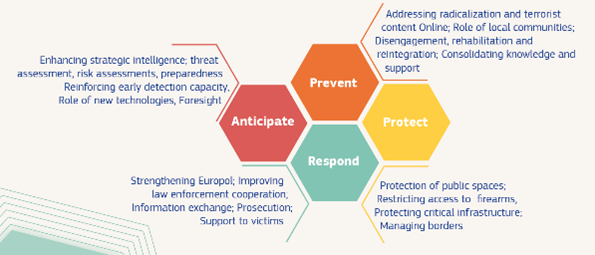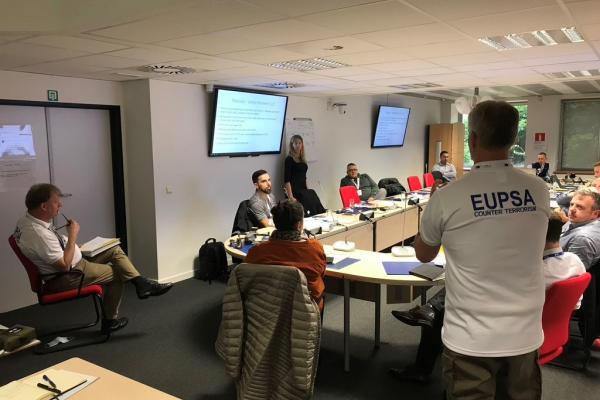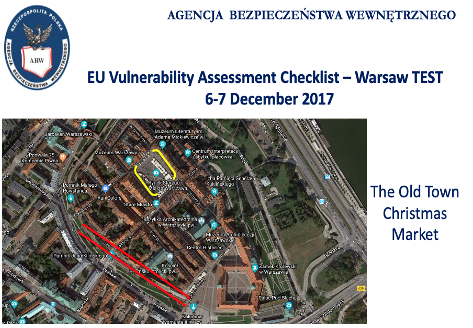The Counter-Terrorism Agenda, presented by the Commission on 9 December 2020, is a well-rounded package of several legislative proposals for the EU to fight terrorism in the future. The proposed rules are set across four pillars:
- Anticipate
- Prevent
- Protect
- Respond
As part of the Anticipate Pillar, among the initiatives proposed is also the new tool to support EU countries with advice on the vulnerabilities of public spaces - the EU Protective Security Advisors (PSA).
The initiative began by EU countries inviting the Commission to support with vulnerability assessments during high-risk events and at critical infrastructures. After positive progress, security authorities in EU countries sponsored the idea to create a permanent EU pool of experts to support future PSA missions.
The EU Vulnerability Assessment Checklist developed in 2017 served as a common standard for vulnerability assessments of different public spaces and areas. During 2019 and 2020, the Commission and EU countries carried out various assessments of public spaces across the EU and developed new PSA methodology on the practices and the organisation of such checks.
When designing the methodology, the Commission (DG HOME) used lessons learnt from similar programmes such as:
- the EU advisory missions and peer reviews carried out in the framework of the EU Civil Protection Mechanism
- the Commission’s EU airport inspection methodology
- the voluntary EU security assessments of foreign airports
Today, the EU Protective Security Advisor pool includes nearly 100 dedicated and specially trained EU country and Commission experts. The EU Protective Security Advisory missions using the peer exchange mechanism contribute to secure high risk events in the EU from terrorist threats.






